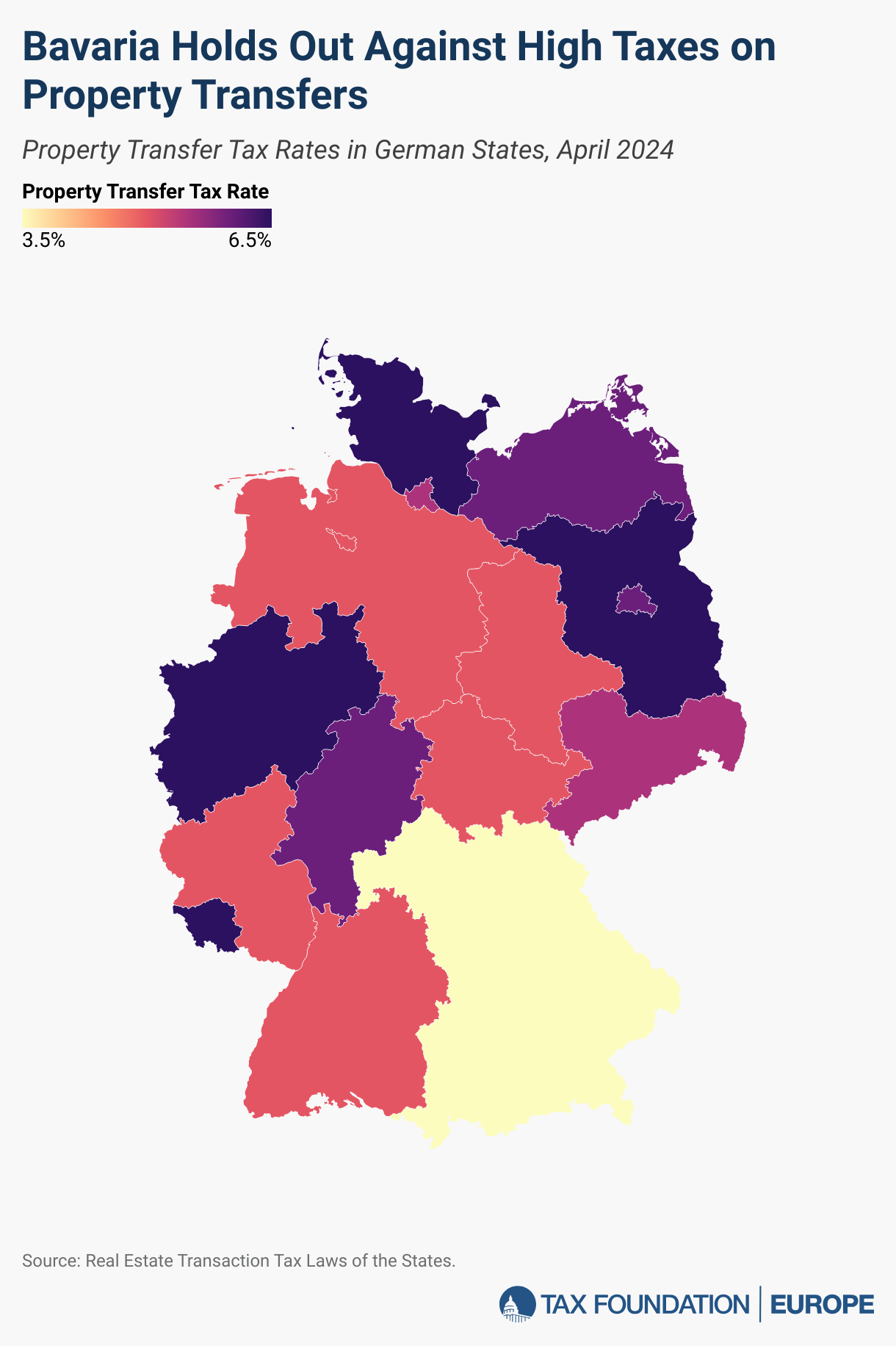Presented below is our summary of significant Internal Revenue Service (IRS) guidance and relevant tax matters for the week of December 12, 2022 – December 16, 2022.
December 12, 2022: The IRS released Internal Revenue Bulletin 2022-50, which highlights the following:
Revenue Procedure 2022-41: This guidance specifies when information shown on an income tax return will be an adequate disclosure for purposes of reducing an understatement of income tax under Section 6662(d) and for purposes of avoiding the Section 6694(a) preparer penalty. This revenue procedure updates Revenue Procedure 2021-52 and applies to any income tax return filed on 2022 tax forms for a taxable year beginning in 2022 and any income tax return filed in 2023 on 2022 tax forms for short taxable years beginning in 2023.
December 12, 2022: The IRS reminded people over the age of 72 to start withdrawals from individual retirement arrangements (IRAs) and retirement plans in order to avoid penalties. Required minimum distributions (RMDs) are the minimum amounts that many retirement plan and IRA account owners must withdraw annually after they reach age 72. Account owners can delay taking their first RMD until April 1 following the later of the calendar year in which they reach age 72 or, with a workplace retirement plan, when they retire. RMDs are taxable income and may be subject to penalties if not timely taken.
December 12, 2022: The IRS and the US Department of the Treasury (Treasury) announced a new revenue procedure that sets out key processes for manufacturers and sellers of clean vehicles. Revenue Procedure 2022-42 provides guidance on new rules added as part of the Inflation Reduction Act of 2022 on how to enter into a written agreement with the IRS to provide periodic written reports containing specified information related to a manufactured clean vehicle. The revenue procedure also provides the procedures for people selling vehicles to report information to the IRS in order for the vehicle to be eligible for the credit.
December 13, 2022: The IRS urged families and people paying for disability-related expenses to consider using an Achieving a Better Life Experience (ABLE) savings account. ABLE accounts do not affect a person’s eligibility for government assistance programs and can also provide tax advantages.
December 13, 2022: The IRS released Revenue Procedure 2022-43, which sets out the final qualified intermediary withholding agreement (QI agreement) entered into under Section 1.1441-1(e)(5) of the regulations, which begins on January 1, 2023. The QI agreement allows certain people to enter into an agreement with the IRS to simplify their obligations as withholding agents and as payors for amounts paid to their account holders and allows certain people to act as qualified derivatives dealers and assume primary withholding and reporting responsibilities on all dividend equivalent payments they make.
December 14, 2022: The IRS Independent Office of Appeals selected Elizabeth (Liz) Askey as its new Deputy Chief. Askey has more than 30 years of experience in tax controversy and policy. She joined the IRS Office of Chief Counsel in 2019 as Deputy Division Counsel for the Large Business and International Division.
December 14, 2022: The IRS released Tax Tip 2022-190, requesting volunteers for the 2023 filing season. The IRS Volunteer Income Tax Assistance and Tax Counseling for the Elderly programs offer free tax preparation to low- to moderate-income people that need help preparing their tax returns.
December 14, 2022: The IRS reminded employers and self-employed individuals that chose to defer paying part of their 2020 Social Security tax liability that their second annual installment of the amount deferred is due December 31, 2022.
December 15, 2022: The IRS released Revenue Procedure 2023-8, which provides the procedures under Sections 446 and 1.446-1(e) of the regulations to obtain automatic consent of the IRS Commissioner to change the methods of accounting for specified research or experimental expenditures to comply with Section 174, as amended by the Tax Cuts and Jobs Act (TCJA).
December 15, 2022: The IRS presented its Fiscal Year 2022 Agency Financial Report. From October 1, 2021, to September 30, 2022, the IRS received more than $4.9 trillion in tax revenue and distributed $642 billion in federal tax refunds.
December 15, 2022: The IRS released final regulations related to information reporting of health insurance coverage under Sections 5000A, 6055 and 6056. The regulations provide an automatic time extension for minimum essential coverage providers to furnish individual statements regarding coverage and to share an alternative method for furnishing individual statements when the individual shared responsibility payment amount is zero. The final regulations also provide an automatic time extension for “applicable large employers” (generally employers with 50 or more full-time employees) to furnish statements related to health insurance that they offer to their full-time employees.
December 15, 2022: The IRS issued Revenue Rule 2023-01, which provides the applicable federal rates for federal income tax purposes for January 2023. The short-term federal interest rate will decrease to 4.50%, the mid-term rate will drop to 3.85% and the long-term rate will fall to 3.84%
December 15, 2022: The IRS released Tax Tip 2022-191, which provides a to-do list for taxpayers to follow when preparing for 2023. The tips include researching retirement plans, donating to charity and contributing to salary deferral.
December 15, 2022: The IRS requested comments concerning Treasury Decision 9107, related to the deduction and capitalization of expenditures for taxpayers that acquire a trade, business or ownership interest. Comments should be received by February 13, 2023.
December 16, 2022: The IRS released Notice 2023-5, which provides guidance on the corporate bond monthly yield curve, the corresponding spot segment rates and the 24-month average segment rates for December 2022. The notice also provides guidance on the interest rates on 30-year Treasury securities as in effect for plan years beginning before 2008 and 30-year Treasury weighted average rates.
December 16, 2022: The IRS announced that Courtney Kay-Decker is the new Deputy Chief Taxpayer Experience Officer. The Taxpayer Experience Office leads the effort to improve customer service at the IRS by focusing on six key strategies identified in US President Joe Biden’s executive order on Transforming Federal Customer Experience and Service Delivery to Rebuild Trust in Government and the Taxpayer First Act Report to Congress. Before this role, Kay-Decker was an attorney at Lane & Waterman LLP in Davenport, Iowa, where she focused on tax and administrative matters.
December 16, 2022: The IRS released its weekly list of written determinations (e.g., Private Letter Rulings, Technical Advice Memorandums and Chief Counsel Advice).
Upcoming Events:
The IRS’s Electronic Tax Administration Advisory Committee will host a public meeting on January 11, 2023, at 12:30 pm (EST). The purpose of the committee is to provide feedback on how the IRS performs its duties electronically.
Special thanks to Sarah Raben in our Chicago office for this week’s roundup.























